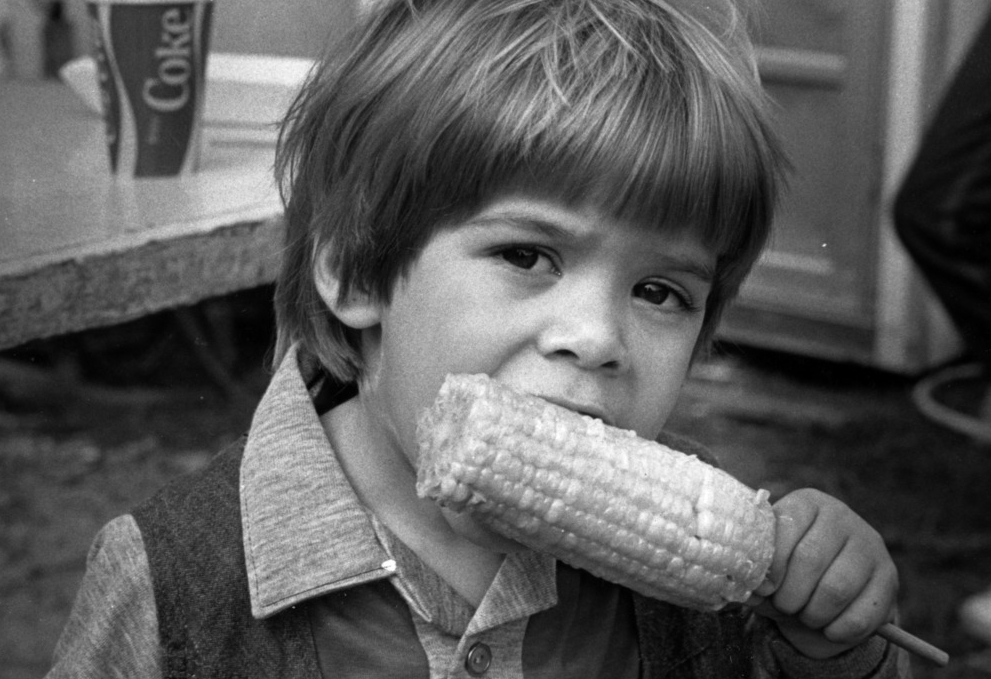
Foodie Friday: Sweet Corn
Eating sweet corn is a summer ritual in North Carolina (or almost anywhere else in the United States!). Below are a few links to a variety of corn recipes from historic NC Cooperative Extension publications.
Basic instructions for preparing corn on the cob (boiled or roasted) can be found in the 1961 4-H publication Outdoor Meals. If you don't like it on the cob, there is a recipe for canning corn kernels in the 1917 publication Canning and Preserving with 4-H Recipes. Fresh corn can also be frozen, as shown in the 1947 publication Freezing Foods for the Home and the 1960 pamphlet Brief Instructions for Freezing Vegetables. If you want something a little different, there is the corn relish recipe from the 1987 publication Making Pickles in North Carolina.
NC State University has a long history supporting corn cultivation in the state. Professor Charles B. Williams performed corn research as far back as the turn of the twentieth century, as evinced in this 1903 publication (in 1917 he became first Dean of Agriculture on campus, and Williams Hall is named for him.). Among the earliest efforts of NC Cooperative Extension were early farm demonstrations in improved corn cultivation (1908) and the first boys corn club (1909).
Located in NC State's Department of Crop and Soil Sciences has been the long running USDA-ARS Maize Breeding and Genetics Program. Special Collections holds the archives of this program, with data records dating back to the 1930s, and well as the papers of its longtime leader, Dr. Major Goodman.
Special Collections has digitized a wealth of historical resources on almost any aspect of growing, storing, cooking, and eating corn. Many of these were digitized through grant-funded projects, including the recently completed Better Living project (LSTA funded) and our current Project Ceres funded project (Project Ceres is a collaboration between the United States Agricultural Information Network (USAIN), the Agriculture Network Information Collaborative (AgNIC), and the Center for Research Libraries (CRL)). You can also view Special Collections materials in person. To do so, please contact us through our online request form.


